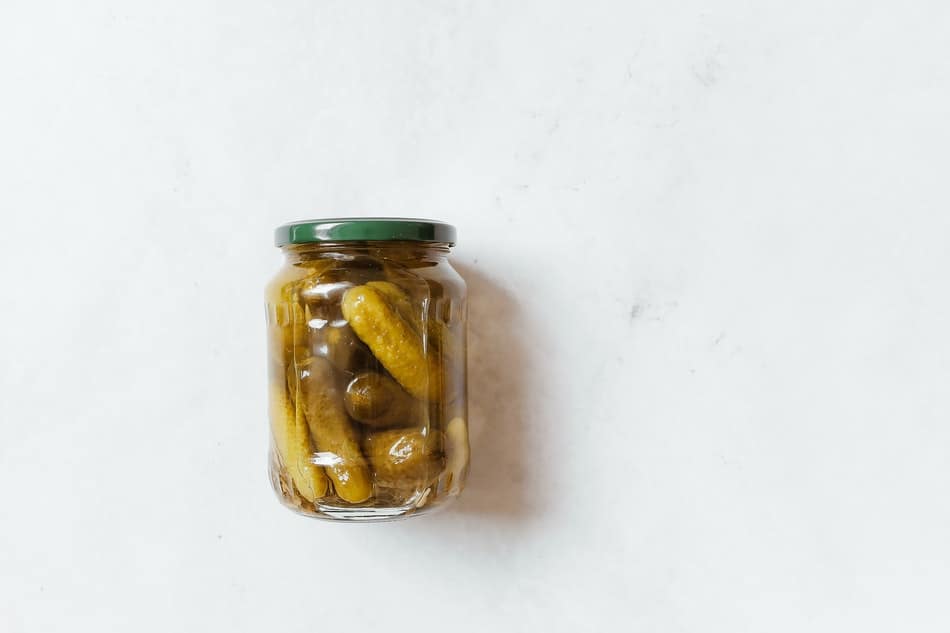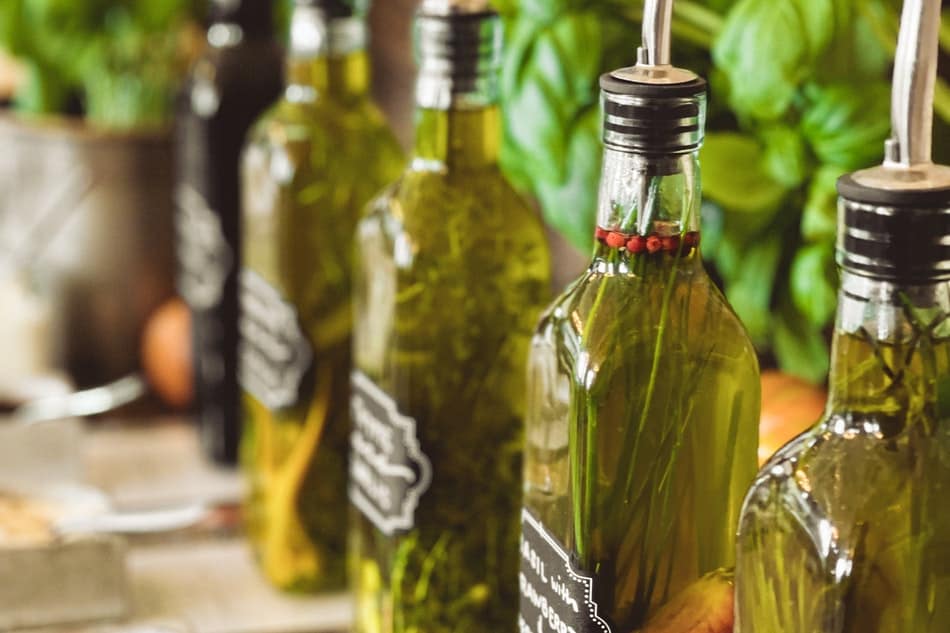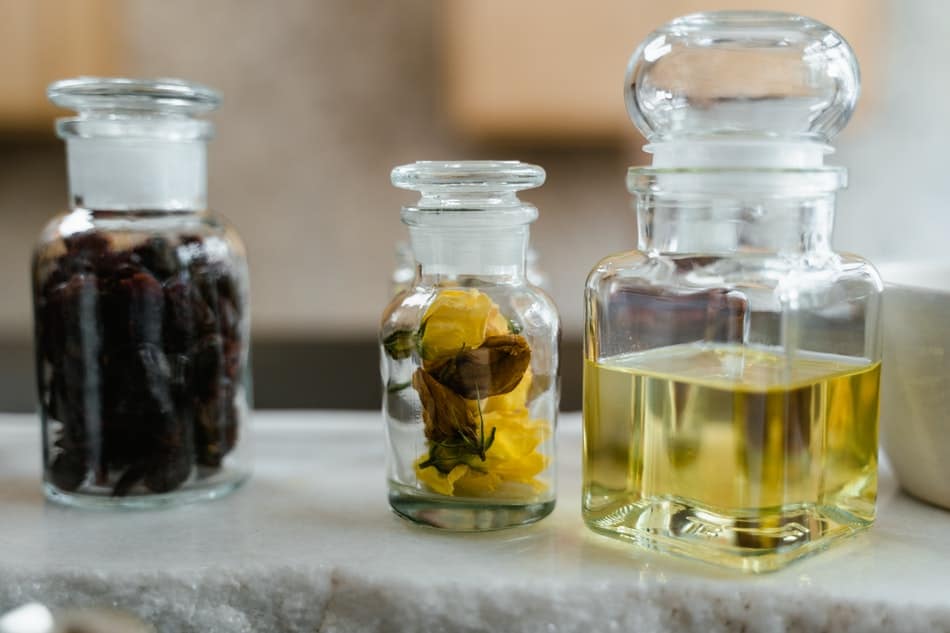One of the most important aspects of hydroponic gardening is pH management. Are you asking the question, can you use vinegar to lower pH in hydroponics? In this article, I will explore the question of whether or not vinegar can be used to lower pH in hydroponics. Keep reading to learn more!
Can you use vinegar to lower ph in hydroponics? Yes, vinegar can be used to lower pH in hydroponics. However, it is important to use the right type of vinegar and to follow the instructions carefully. White vinegar is the best type of vinegar to use for this purpose.
Why Do You Need To Add Vinegar To Hydroponics
Vinegar is a key ingredient in many home cleaning solutions. But did you know that it can also be used to improve your hydroponic system? Here are five reasons why vinegar is a must-have for any serious hydroponic gardener:
- Vinegar is an excellent source of nutrients for plants. Vinegar contains high levels of phosphorus and potassium, which are two essential nutrients for plant growth. In addition, vinegar also provides trace amounts of other minerals that plants need to thrive, such as magnesium, calcium, and iron.
- Vinegar helps to lower the pH of water: Hydroponic systems rely on having the correct pH level to work properly. Vinegar can help to lower the pH of water, making it more acidic and therefore more ideal for plants.
- Vinegar can help to prevent disease in plants: Vinegar is a natural disinfectant and can help to kill bacteria and fungi that may cause disease in plants. By adding vinegar to your hydroponic system, you can help to keep your plants healthy and free from diseases.
- Vinegar can help to dissolve mineral deposits that may build up in your hydroponic system over time. This will improve the efficiency of your system and allow your plants to get the maximum benefit from the nutrients in the water.
- If you have problems with weeds in your hydroponic system, vinegar can be used to kill them. Mix equal parts vinegar with water into a spray bottle, then apply it to the weeds. The acidity of the vinegar will kill the weeds, without harming your plants.
As you can see, there are many reasons why vinegar is an essential ingredient for any hydroponic gardener. If you’re not already using vinegar in your system, be sure to start today!

How To Add Vinegar To Hydroponics
Adding vinegar to your hydroponics system is an easy way to lower the pH of your water. This can be helpful if you’ve been having trouble with algae growth or if your plants seem to be struggling. To add vinegar to your system, simply pour it into your reservoir and mix it well. You should start to see results within a few hours.
If you find that the pH of your water is still too high after adding vinegar, you can try adding some lemon juice or citric acid. These will also lower the pH of your water and can be found at most grocery stores. Just like with the vinegar, simply mix these into your reservoir and wait for the results. You may need to experiment with different amounts to find what works best for your system.
Adding vinegar to your hydroponics system is a simple and effective way to lower the pH of your water. By doing this, you can help prevent algae growth and give your plants the best chance to thrive.
Next Steps:
Now that you know how to add vinegar to your hydroponics system, you may be wondering what else you can do to improve the health of your plants. Here are a few suggestions:
- Check the pH of your water regularly and adjust as needed. This will ensure that your plants are always growing in optimal conditions.
- Make sure to clean your reservoir and equipment regularly. This will help prevent the build-up of algae and other harmful organisms.
- Keep an eye on your plants for any signs of distress. If you notice anything out of the ordinary, investigate immediately and take corrective action as needed.
By following these simple tips, you can ensure that your plants are always healthy and happy!

Why Do I Need A PPM Meter For My Hydroponics Plant?
PPM stands for “parts per million,” and is a unit of measurement that allows you to track the number of dissolved minerals in your water. This is important for hydroponics because plants grown in water without soil rely on these minerals for nutrition. A PPM meter can help you ensure that your plants are getting the right amount of nutrients, and can help you troubleshoot if they’re not looking healthy.
There are a few different types of PPM meters on the market, you can pick anyone. To use it, simply dip the probe into your reservoir and wait for the reading to stabilize. The display will show you the current PPM, as well as the maximum and minimum readings over the last 24 hours.
If you’re new to hydroponics, or if you’re just looking for a way to improve your plant’s health, I highly recommend investing in a PPM meter. It’s an essential piece of equipment that will help you keep your plants happy and healthy.
What Else Can I Use To Lower pH Level In Hydroponics Instead Of Vinegar?
There are a few other things you can use to lower the pH level in hydroponics instead of vinegar.
- One is using acidic lemon juice.
- You can also use phosphoric acid which is found in some sodas.
- Citric acid is also an option and can be found in citrus fruits.
All of these will lower the pH level in your hydroponics system. Whichever you choose, make sure to follow the directions on how much to add so that you don’t end up harming your plants. Too much of any of these acids can be just as bad as having too high of a pH level. Start with small amounts and test often until you find the perfect balance for your plants.
Conclusion
The bottom line is that vinegar can be used to lower pH in hydroponics, but ensure that you don’t do too much, If you are looking for a more long-term or permanent solution, consider using other methods to lower the pH of your hydroponic system. Thank you for reading! I hope this was helpful.
Related Articles

